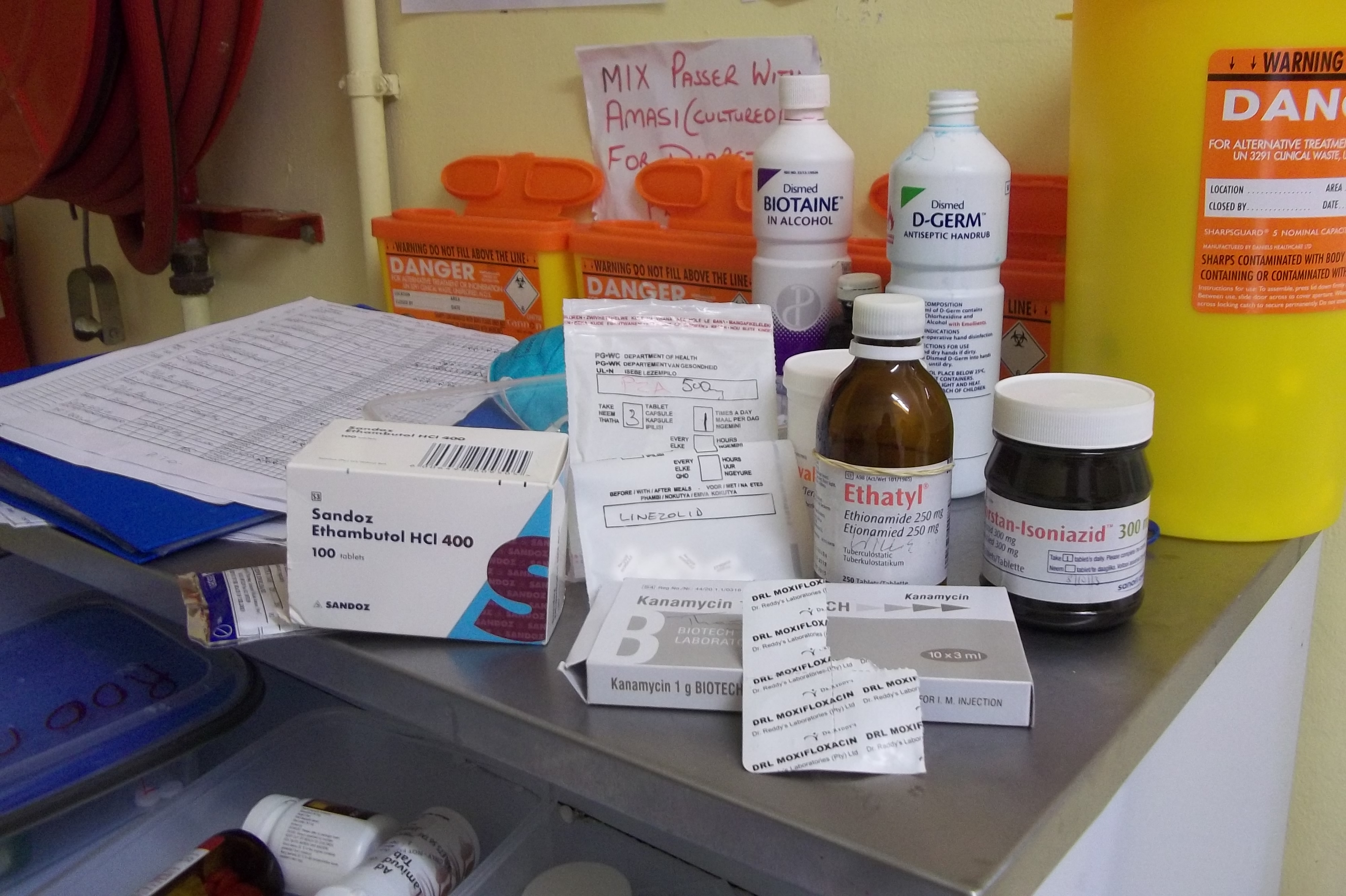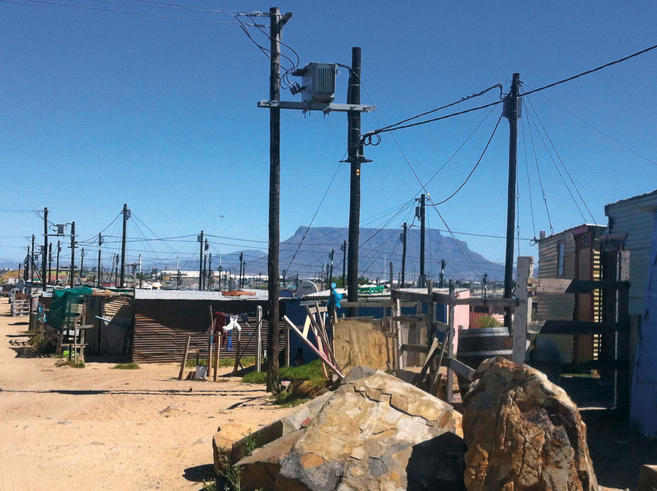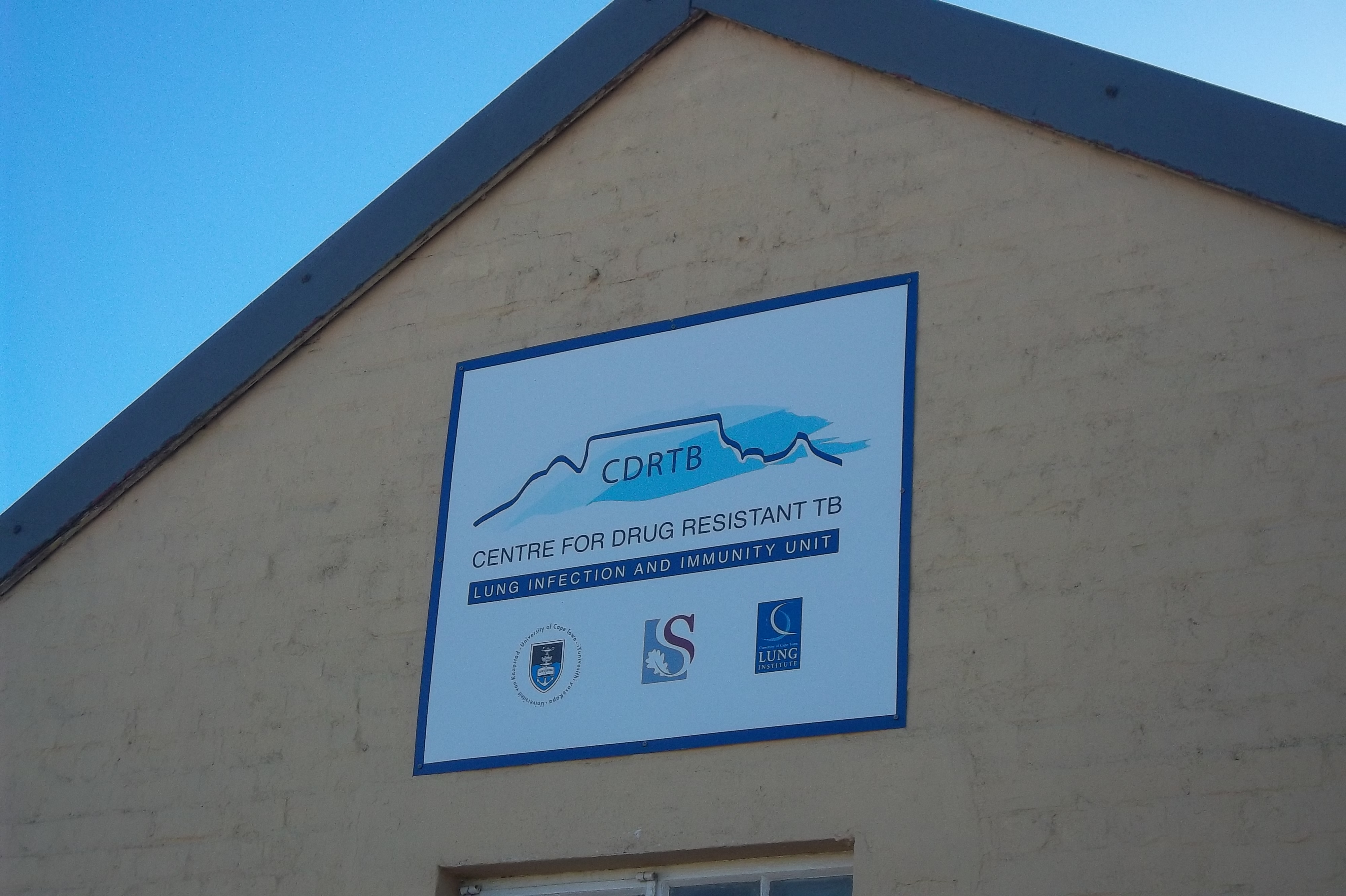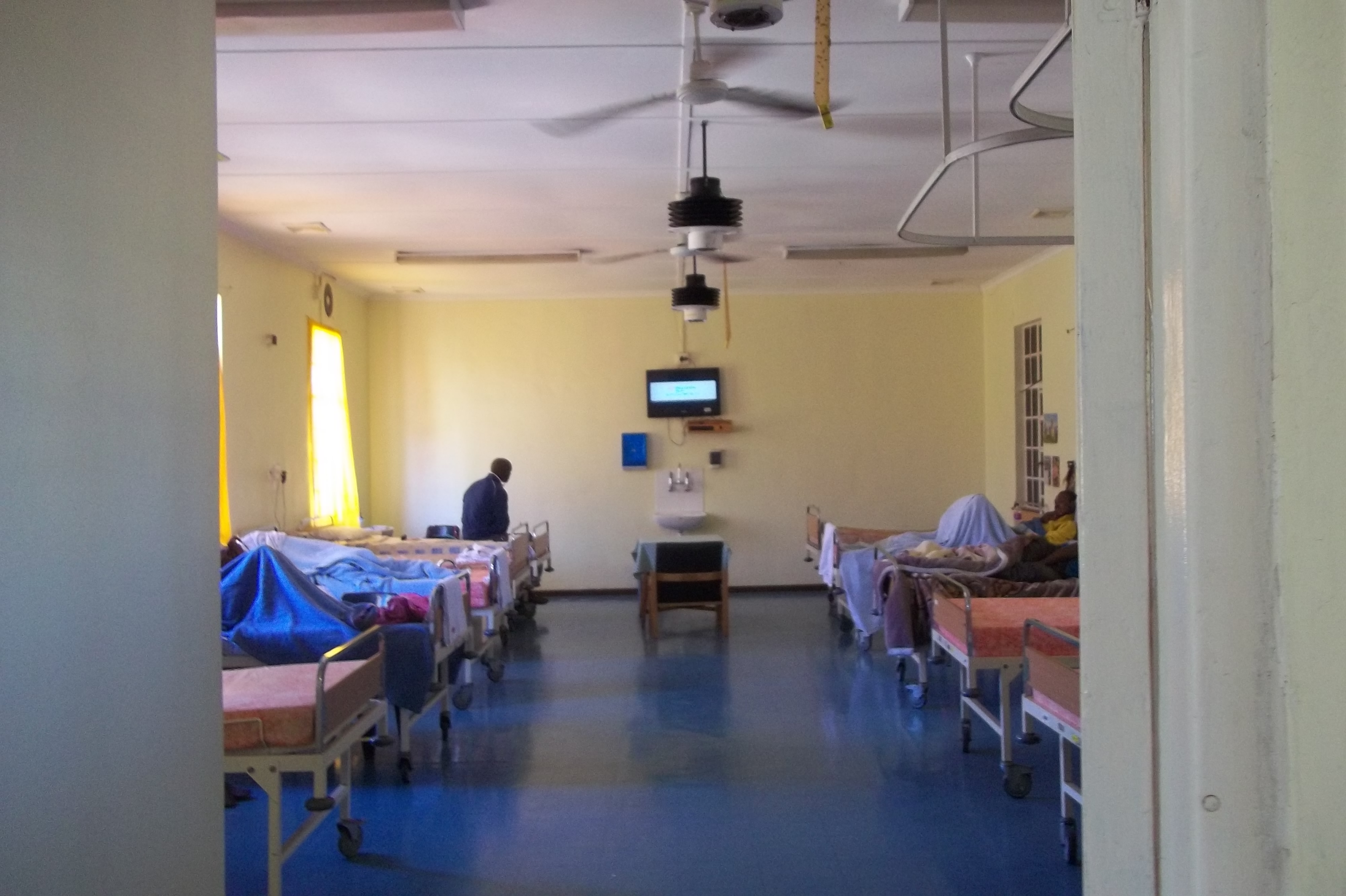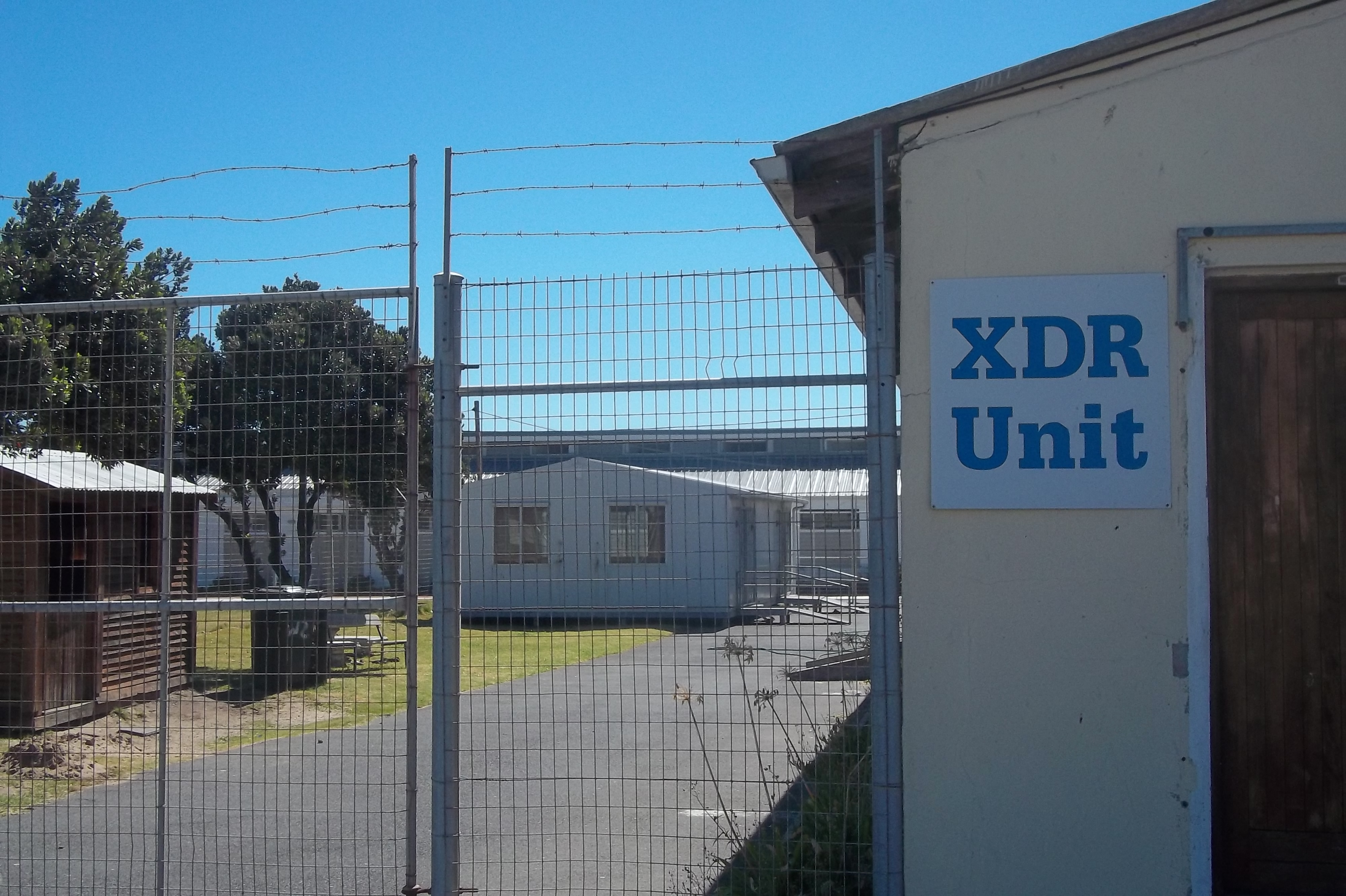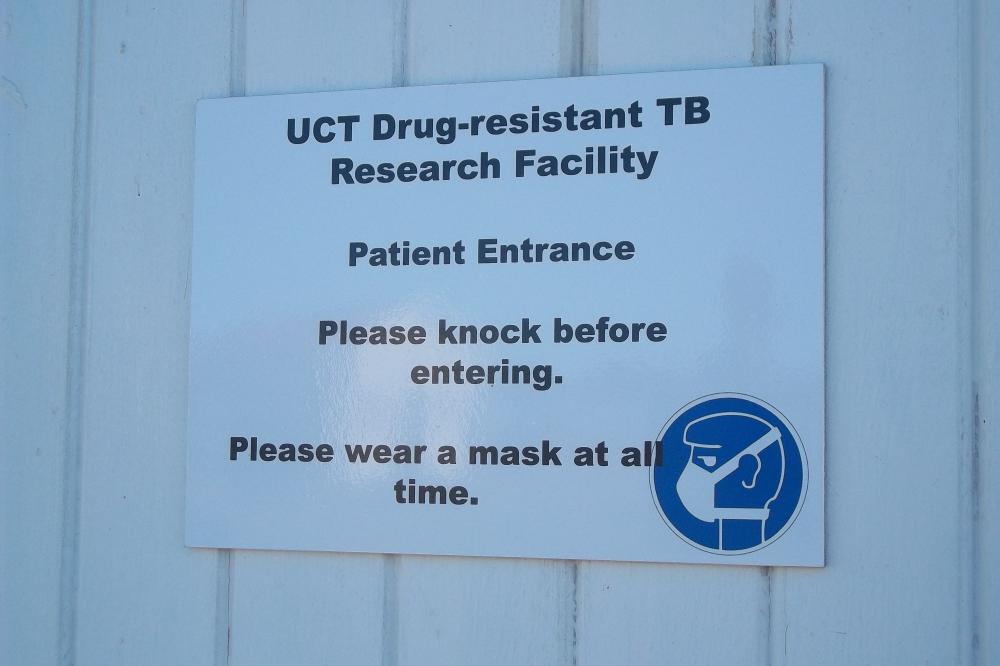
Tuberculosis is the leading cause of death in South Africa, and the country is one of only two worldwide where infections are rising. High co-infection with HIV, poor medication adherence, and densely populated township communities have led to the dissemination of drug-resistant forms of the disease among the population.
Resistance is so strong that drugs offered by health services do not work, and in South Africa, some patients are being sent home to die. They are "treatment failures."
"Home" means dark, congested housing shared with family members: the perfect setting for this airborne disease to spread. Two drugs recently approved by the World Health Organization could help treat them, but are not fully approved for use in South Africa except through trials or NGOs like Médecins Sans Frontières.
Patients have heard about these drugs and question why they can't receive them. Others live at home in isolation, unable to have close contact with others. Some refuse to live this way and become a risk to their communities. Health researchers are trying to find solutions and identify how infectious patients can control the disease from spreading.
This is the little known story of the tuberculosis epidemic in South Africa, told through the voices of patients and public health researchers.

